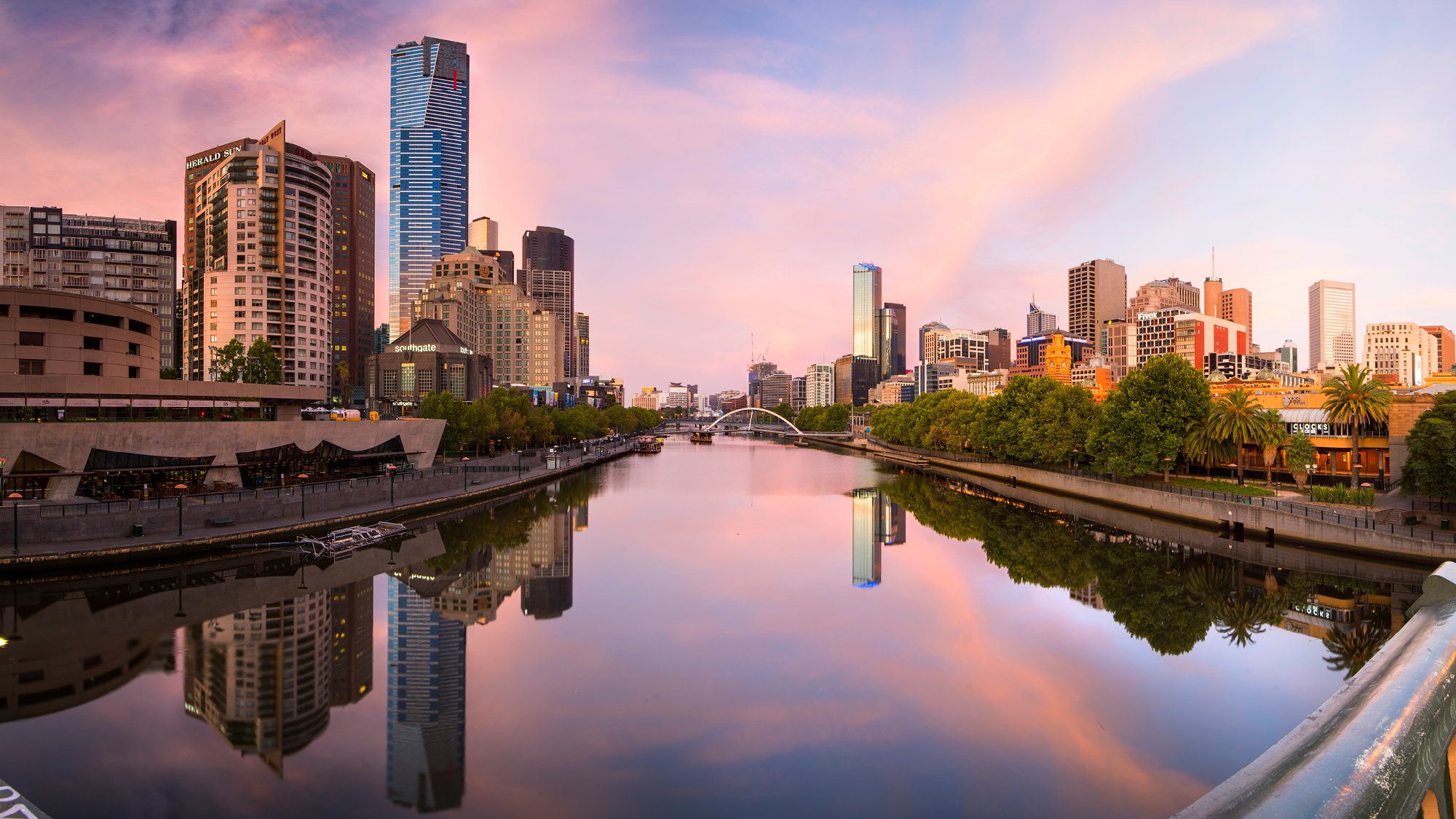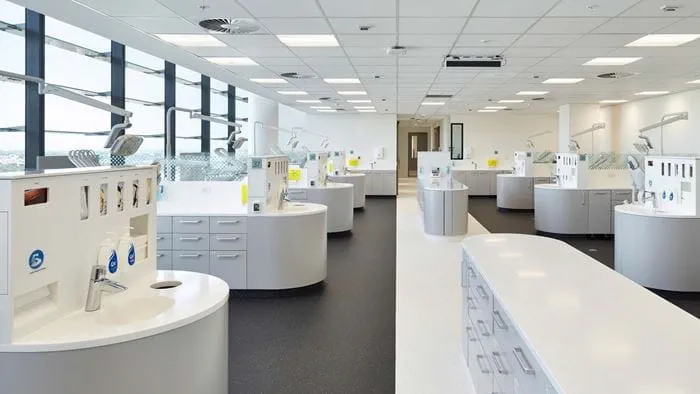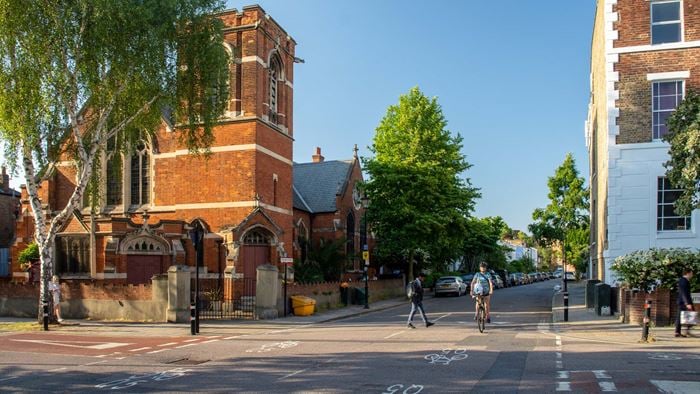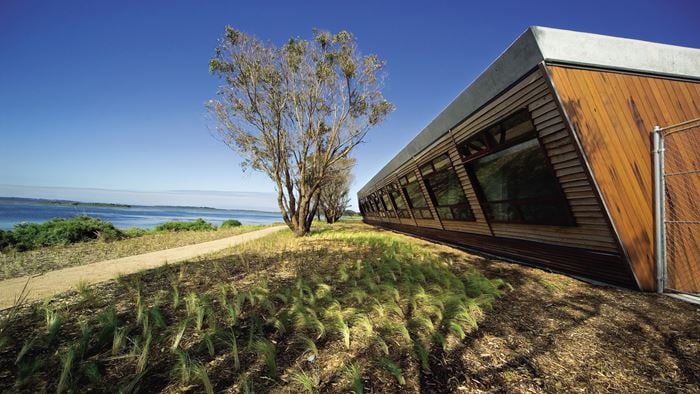The City of Melbourne now stands at the international forefront of urban sustainability, with a revised and updated portfolio of carbon mitigation policies. These policies fit into an overall strategy that will cut expected emissions in half by 2020.
In early 2008, Arup was engaged by the City of Melbourne to review and update its existing 'Zero Net Emissions by 2020 Strategy'. The first step was to calculate the current carbon footprint of community activities within the bounds of the City of Melbourne and extrapolate these emissions to 2020. With this information to hand, Arup's consultants reviewed international best practice, taking full advantage of the firm's far-reaching global network of sustainability specialists. They then devised a comprehensive carbon mitigation strategy, analysing in detail the potential contribution of each individual measure.
The strategy, while focusing on institutions as drivers of change, took into account a realistic assessment of the City of Melbourne's ability to reduce overall emissions and to influence others to pare back their emissions.
Arup's final report revealed a fresh approach, involving comprehensive and significant action across the commercial, residential and transport sectors. The report also outlined various options for decarbonising the energy supply chain, including a large combined heat and power plant. Along with an assessment of potential benefits and barriers, Arup suggested the best approach for modelling the financial case for each option.
The 1200 Buildings Program (part of the Strategy) was recognised in 2013 with the Visionary Award from Energy Efficiency, and the United Nations Association of Australia World Environment Day Sustainability Award.
 ;
;






